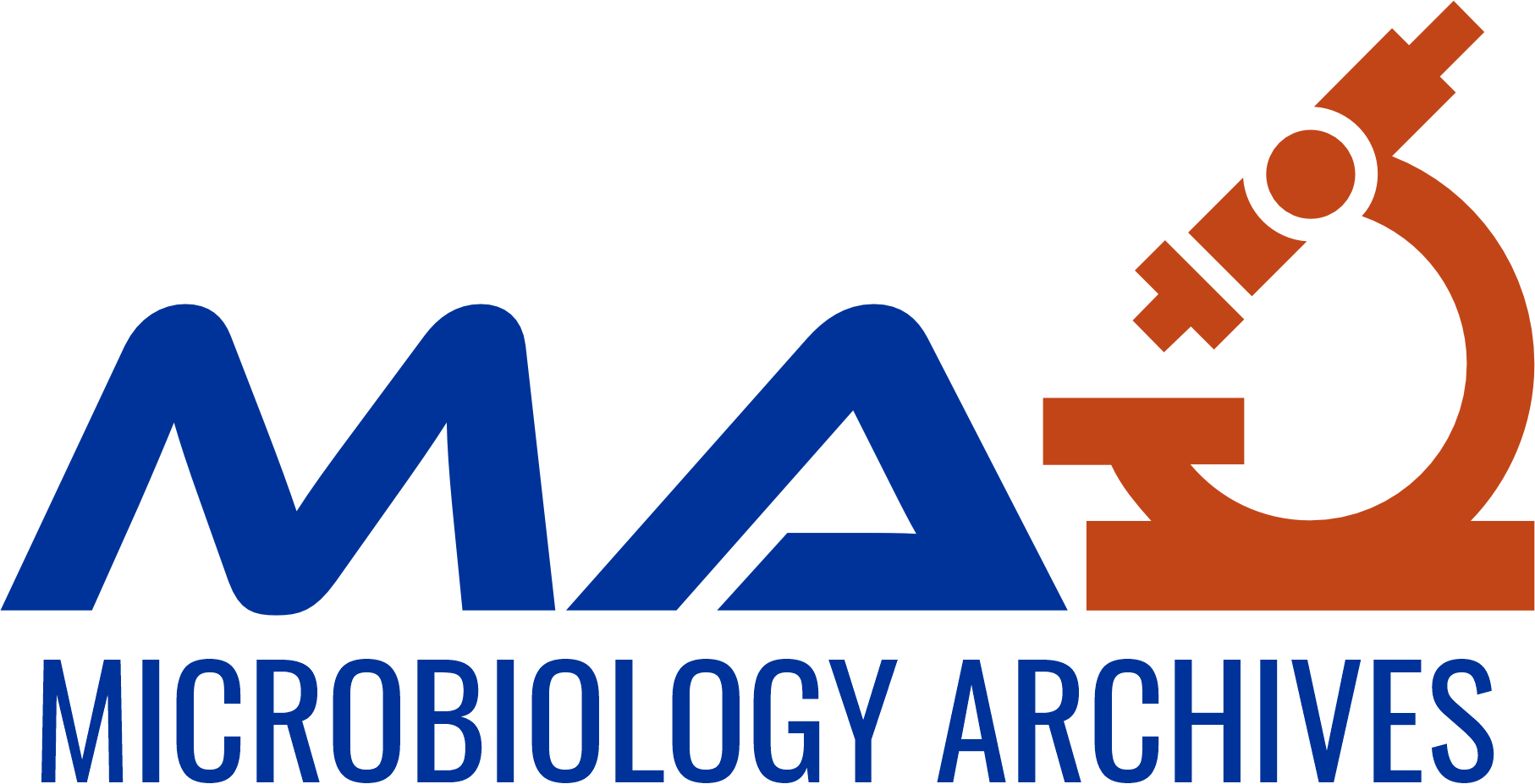Editorial Procedure and Peer-Review
Initial Checks
All submitted manuscripts will undergo an initial review to ensure compliance with formatting and ethical guidelines. Incomplete or improperly formatted submissions may be returned for correction. Each manuscript will also be screened for plagiarism using iThenticate software.
Peer-Review
Manuscripts that pass the initial checks will undergo double-blind peer review by at least two experts in the field. The Editor-in-Chief will make the final decision based on reviewers’ feedback.
Appeals
Authors may appeal decisions if they believe there was a misunderstanding regarding technical aspects. Appeals must be submitted via email and will only be considered from the original submitting author.
Galley Proofs and Publication
Accepted manuscripts will be copy-edited for clarity and formatting. Corresponding authors will receive proofs for review and are expected to return corrections within three days. Articles will be published online as ‘Online First’ upon acceptance.
Preprints
Authors are encouraged to post preprints of their research on relevant servers or personal websites. Posting preprints does not affect consideration for publication in this journal.
Article Types
The journal accepts the following article types:
1. Research Articles: Original research findings, including methodology, results, and discussion.
2. Reviews and Mini-Reviews: Comprehensive literature reviews on specific topics.
3. Short Communications: Brief reports of significant findings that warrant rapid publication.
4. Case Reports: Unique cases presenting diagnostic or therapeutic challenges.
5. Letters to the Editor: Brief observations or comments on previously published articles.
Preparation of Manuscript
Manuscripts must be typed in English, double-spaced, on A4-sized paper (8.5″ x 11″) with 1″ margins, using 12 Times New Roman font.
Title Page
The title page should include:
A concise title
Author names and affiliations
Corresponding author’s contact details
Indication of the manuscript’s subject area (e.g., Environmental Science, Climate Change).
Structure
Manuscripts should be organized into clearly defined sections, including:
1. Abstract (max 200 words)
2. Keywords
3. Introduction
4. Materials and Methods
5. Results and Discussion
6. Conclusion
7. Acknowledgments
8. References
Authorship and Acknowledgements
All authors must meet the ICMJE criteria for authorship, ensuring substantial contributions to the work. An Authorship Contribution Form must be submitted with the manuscript.
Acknowledgments should include any supporting grants or contributions from non-authors.
Conflicts of Interest
Authors must disclose any potential conflicts of interest related to the manuscript. A Conflict of Interest form must be submitted alongside the manuscript.
Funding Sources
Authors should declare all funding sources relevant to their research, including grant numbers and funder roles.
Originality and Plagiarism
All submissions will be screened for originality. Proper citations must be provided for any work or ideas derived from other sources.
Reporting Standards
Authors must present accurate data and provide sufficient detail to ensure reproducibility of their research.
Data Access and Retention
Authors should retain data for a reasonable time post-publication and may be asked to provide raw data upon request.
Ethical Approvals
Studies involving human or animal subjects must have obtained appropriate ethical approval, with details provided in the manuscript.
Join us in our efforts to shape a sustainable future through research and innovation.








